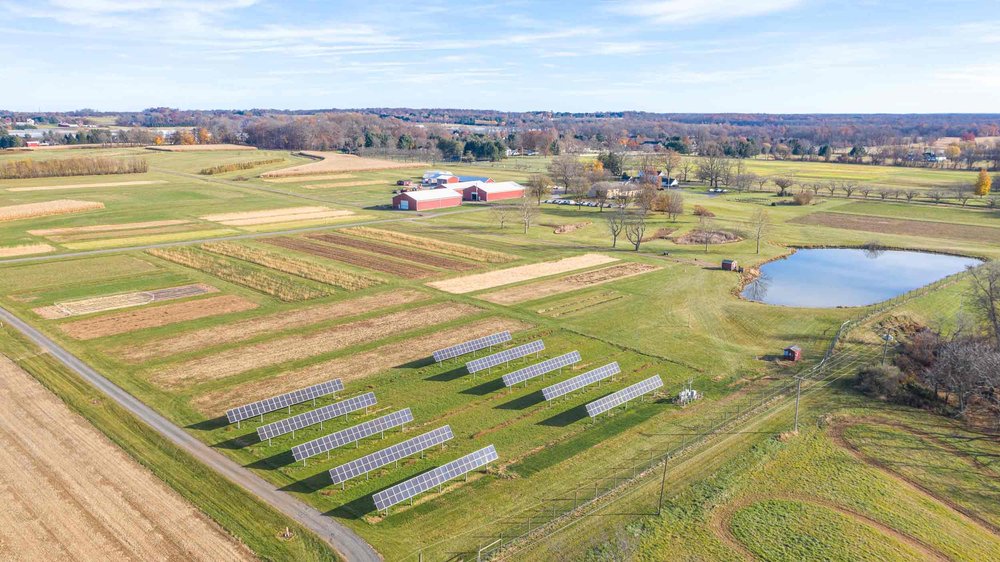Agrivoltaics: Merging Solar Power with Agriculture in New Jersey
Introduction to Agrivoltaics
A groundbreaking pilot initiative has emerged in New Jersey, aimed at promoting the integration of solar energy production and agricultural practices on the same land. Known as agrivoltaics—alternatively referred to as “agrisolar” or “dual-use solar”—this innovative approach seeks to optimize land use by harnessing sunlight for solar energy while simultaneously cultivating crops.
The Incentive Program Launch
Launched as part of the Successor Solar Incentive Program, this pilot project is structured to provide crucial financial incentives for agrivoltaics projects. These incentives will help pave the way toward a comprehensive state program informed by insights gained during this initial phase. The ultimate goal behind these efforts aligns with New Jersey’s ambitious agenda of achieving 100% clean energy by 2050, a target supported by current data highlighting the increasing necessity for sustainable energy solutions.
Legislative Backing and Historical Context
The inception of this pilot project dates back to July 2021 when Governor Phil Murphy enacted the Dual-Use Solar Energy Act of 2021. This legislation empowered the New Jersey Board of Public Utilities (BPU) to formulate guidelines for developing agrivoltaic systems in a manner that harmonizes with the state’s rich agricultural history while exploring novel synergies between farming and solar panel infrastructure.
Pilot Program Objectives
According to statements from BPU officials, this new legislation is expected to foster an essential segment within New Jersey’s solar industry. It aims not only to boost renewable energy generation but also serves as an experimental platform where researchers can assess how horticultural activities and photovoltaic technologies can coexist effectively on agricultural lands.
Participation Opportunities and Timeline
Stakeholders interested in participating are encouraged to submit Expressions of Interest through February 14, 2025. Detailed requirements for pre-qualification into this pioneering program are readily available on official platforms, inviting various partners—from farmers seeking additional revenue streams through renewable resources—to collaborate in realizing mutual benefits.
Current Landscape and Future Prospects
As it stands, there are over 500 operational agrivoltaic sites across America contributing approximately 9 gigawatts (GW) of clean energy capacity into the national grid. This model not only signifies a positive shift towards diversified agricultural practices but also illustrates a promising strategy reflecting growing environmental awareness among citizens regarding sustainable food systems alongside renewable power generation.
This synergistic approach exemplifies how innovation can reshape traditional sectors such as agriculture while aligning them with contemporary environmental goals—offering hope for more regions aiming at similar dual-use initiatives around renewable energies globally.
For more information or inquiries related our content reusage policies, feel free contact us via editors@pv-magazine.com.
